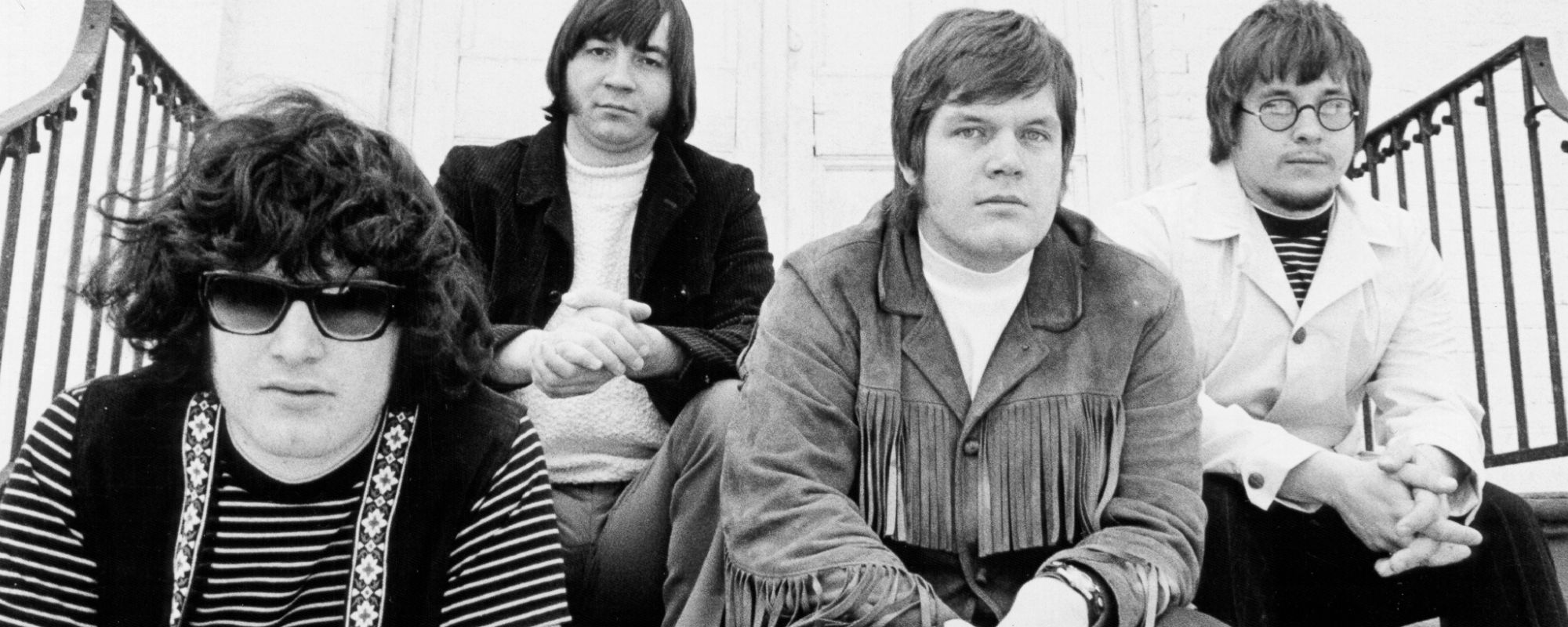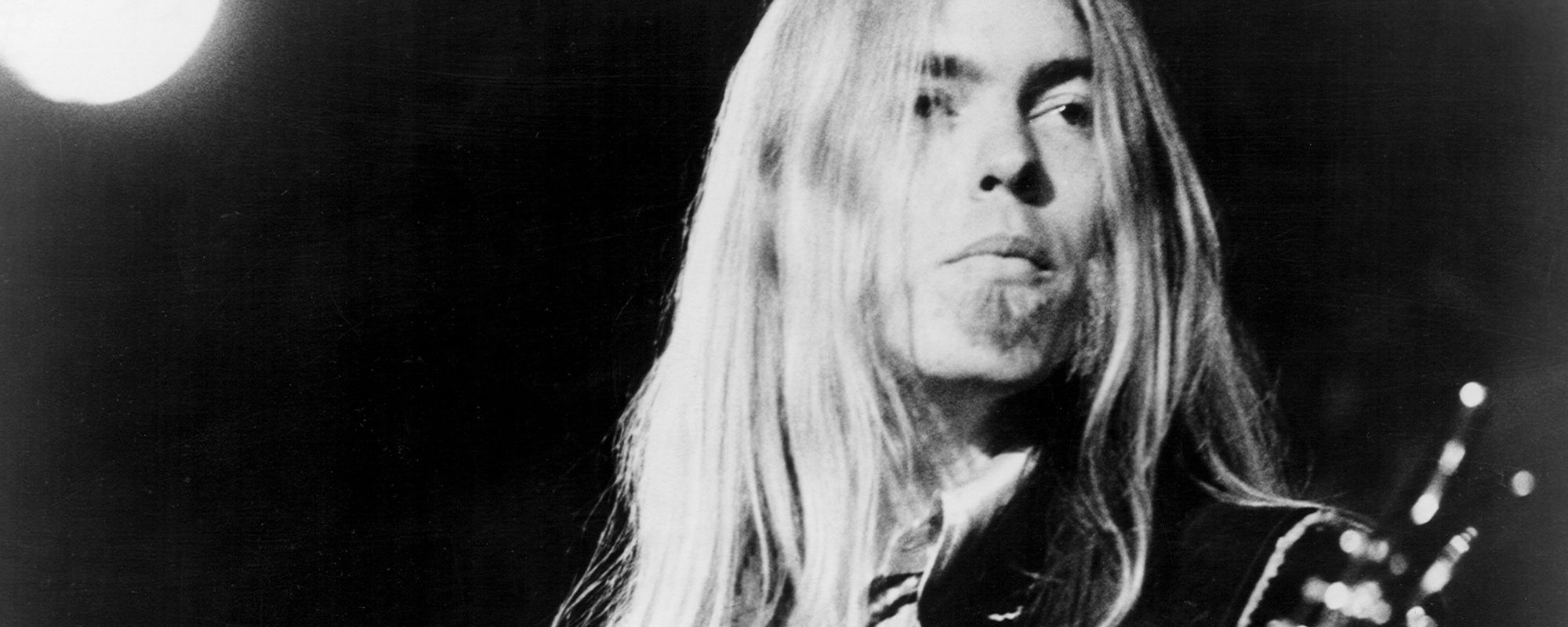British music stars often struggle when it comes to getting American audiences to embrace their songs. It often takes some compromise, which can cause a lot of stress on an act used to doing something a certain way. OMD felt that pressure. The British band had known great success in their native country, but little in the US. That all changed with a song that modified their approach somewhat and pointed to even bigger successes down the road.
Videos by American Songwriter
Forging Their Own Path
OMD, short for Orchestral Manouevres In The Dark, formed in 1978. The duo of Andy McCluskey and Paul Humphreys were there at the beginning, and they remain stalwarts of the group, who continue to record and perform to this day.
In the beginning, McCluskey and Humphreys gravitated to the synth-based sound that distinguished itself from the punk movement in the late 70s. Right from the start, they combined their synth-heavy sound with a focus on sharp melodies and unorthodox subject matter.
In other words, OMD didn’t write many simple pop songs based around love lost and found. Instead, brainy tracks like “Enola Gay” and “Genetic Engineering” went far afield of the typical song topics. It gained them a dedicated following in Great Britain, where they made themselves a fixture on the pop charts over their first five albums.
Making Adjustments
While England happily accepted this approach, US audiences, at least in the mainstream, didn’t give them much love. The robotic beats of their songs gave them a little bit of a foothold on American dance floors, and college radio spun their records.
But the US pop charts preferred the New Romantic tones of bands like Duran Duran, the Human League, and ABC. These acts focused mainly on outsized romantic problems within their songs. OMD took note and decided that they wanted to go that route to see if they could achieve similar success.
On their 1985 album Crush, OMD worked with the American producer Stephen Hague. He convinced them to add more traditional instrumentation to the synths. At times, the producer and the band clashed. Feeling the pressure, the band fought internally as well, with Paul Humphreys briefly quitting at one point (although he quickly returned).
Still, they rose to the occasion with a song of romantic torture that made them a much easier sell in the United States. Don’t be fooled by the seemingly happy title of “So In Love”, which was written by the band with their producer Hague. In actuality, the narrator is singing about his relationship in the past tense. Sample lyric: “Heaven is cold/Without any soul/It’s hard to believe/I was so in love with you.”
“Love” and Change
Although it was a relatively new approach for the band, they sounded right at home on “So In Love”. For one, Andy McCluskey possessed a natural quaver in his voice that played well on broken-hearted songs. In addition, their melodic gifts also translated well to that kind of material. The song did what they wanted, giving them their first-ever Top 40 American hit when it peaked at No. 26.
John Hughes was listening. The esteemed filmmaker of teen dramedies wanted OMD to provide the love theme to his 1986 movie Pretty In Pink. Forced to write the song on the fly after Hughes altered the film’s ending at the last minute, the band came up with “If You Leave”. That track went to the US Top 5.
OMD eventually went so far down the road of romantic songs that their singles became more popular in America than they were in their home country. That transformation began with “So In Love”, the track that revealed the hidden balladeers underneath the stoic synth-poppers.
Photo by Jim Dyson/Getty Images













Leave a Reply
Only members can comment. Become a member. Already a member? Log in.